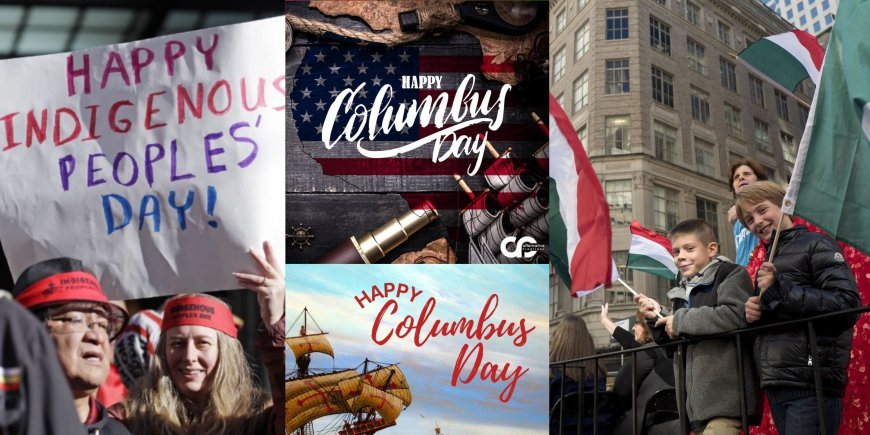"Columbus Day vs Indigenous Peoples' Day 2024: Exploring America's Divided Celebration"
Discover the significance of Columbus Day and Indigenous Peoples' Day in 2024. Explore the history, cultural impact, and ongoing debate surrounding these important U.S. holidays.

On October 14, 2024, the U.S. will once again face a divided celebration between Columbus Day and Indigenous Peoples' Day. While Columbus Day traditionally honors the Italian explorer Christopher Columbus, many cities and states are shifting towards celebrating Indigenous Peoples' Day, which recognizes the rich history and cultural contributions of Native Americans. This guide explores the history of both holidays and the ongoing debate about their significance.
The History of Columbus Day
Columbus Day has been a federal holiday since 1937, commemorating Columbus’s arrival in the Americas in 1492. Initially seen as a celebration of Italian-American heritage, the holiday has increasingly faced criticism for overlooking the violence and colonization associated with Columbus's expeditions.
The Rise of Indigenous Peoples' Day
Indigenous Peoples' Day was first celebrated in 1992 as an alternative to Columbus Day. It honors the history, culture, and resilience of Native American communities, and more states and cities are adopting it as a way to rectify the erasure of Indigenous peoples' stories from history.
Conclusion
As the U.S. moves towards a more inclusive acknowledgment of its history, Columbus Day and Indigenous Peoples' Day offer a stark contrast in perspectives. In 2024, the conversation continues as Americans choose how to honor this date.
What's Your Reaction?














































































